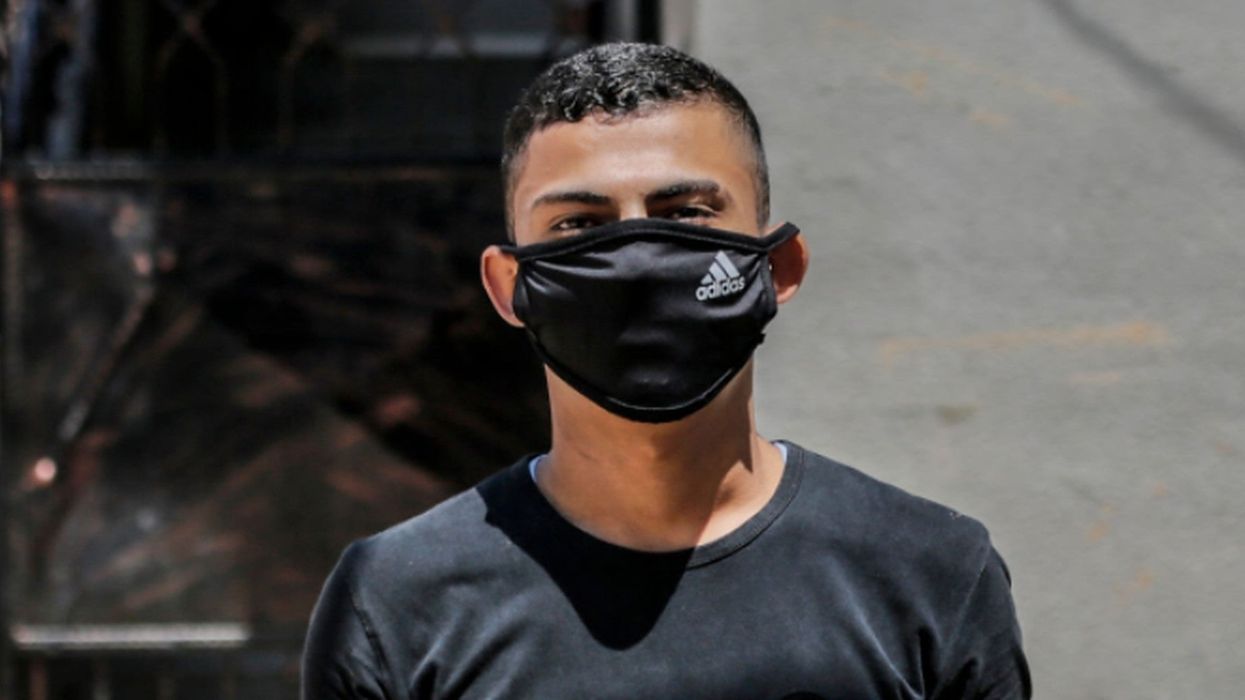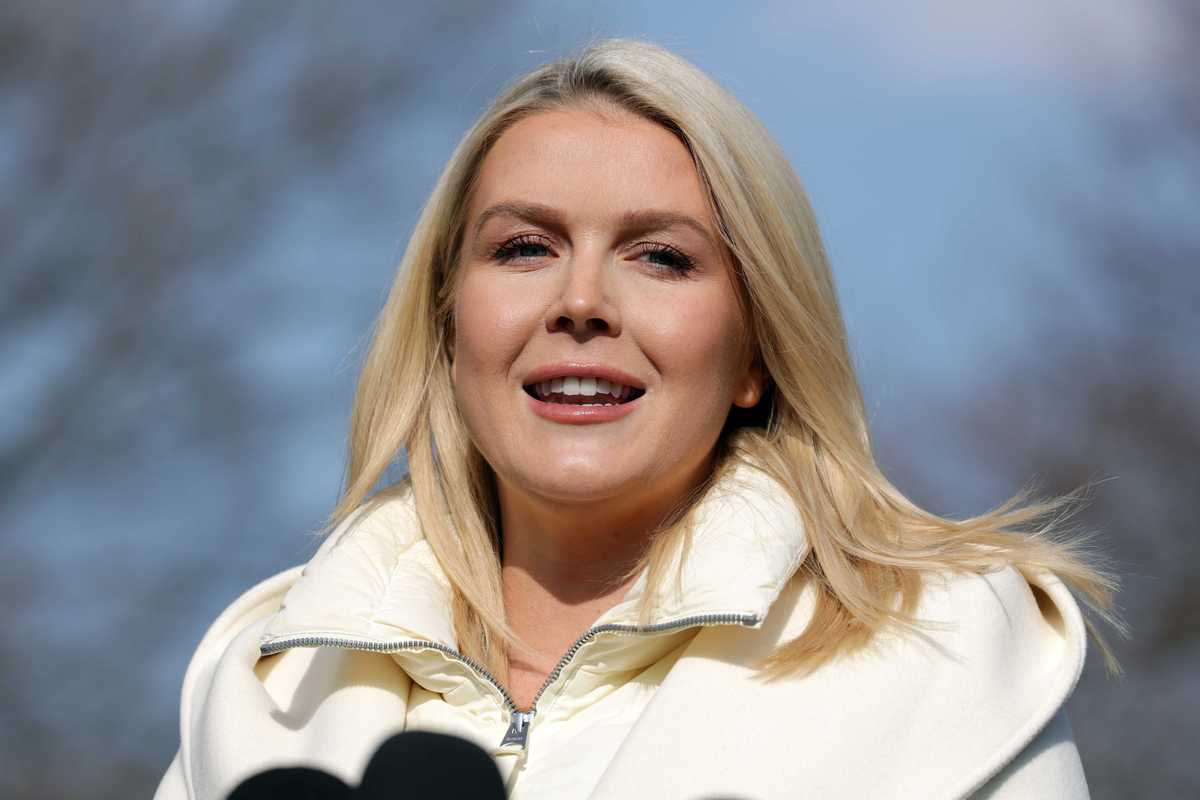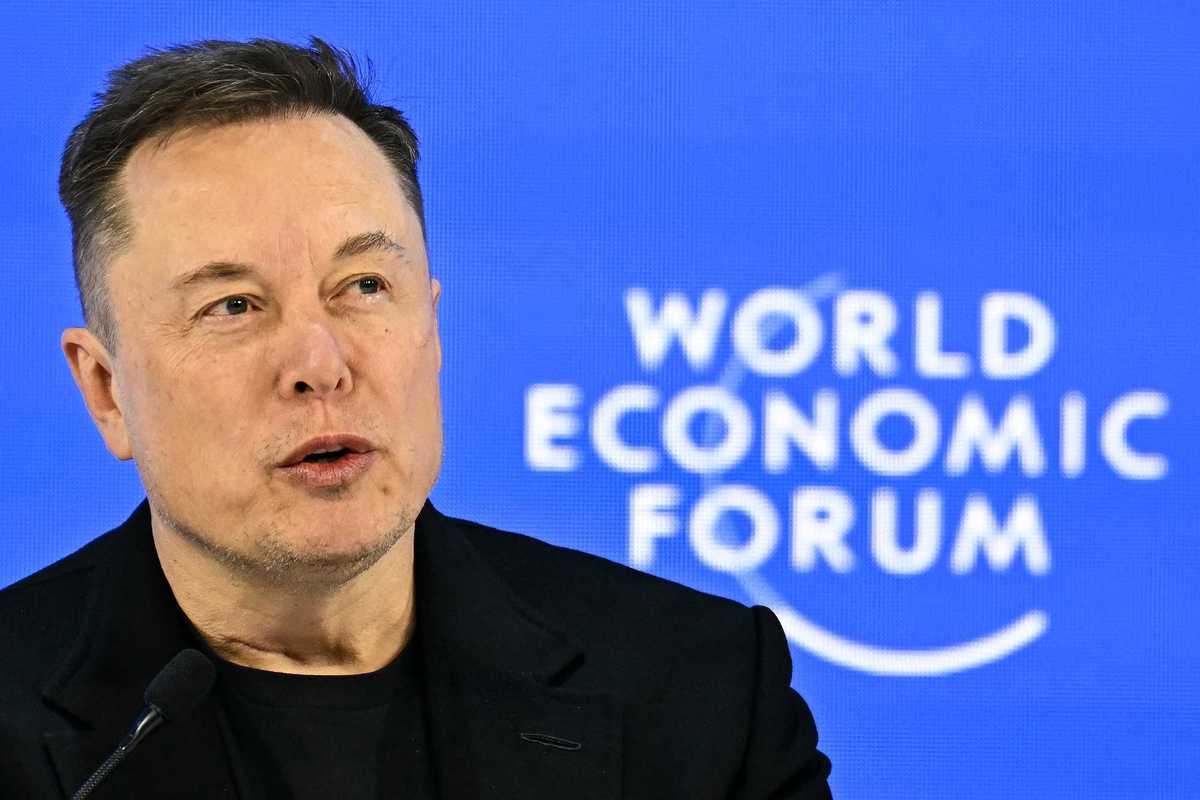News
Mahmoud Shalabi
Sep 24, 2020

Getty
I have never been locked in my home for such a long time.
Here in the Gaza Strip we Palestinians have experienced Israeli blockade for more than a decade – and occupation even longer. The Covid-19 pandemic, however, represents a new situation and a new threat.
Earlier this year, when we saw the virus spreading in places like the West Bank and Egypt, it seemed like our enforced isolation, which we oppose, had protected us from its spread. Until last month, all the Covid-19 cases in Gaza were returnees from abroad, who were immediately subjected to a 21-day quarantine (a week longer than most countries’ approach).
But ever since the first case of community transmission in August, the impact of Israel’s blockade – a blockade described as “illegal” and “collective punishment” by top UN officials – on our basic infrastructure and the availability of essential medical supplies has never been felt more strongly.
Just last week, the latest figures show that a shocking 47 percent of essential medicines are either completely depleted or close to running out – and all this in the middle of a Covid-19 outbreak.
So what has lockdown on the Gaza strip been like?
The Gaza Strip has been divided into a traffic light colour system – green, yellow, and red – depending on the severity of the spread of Covid-19 in those areas. In red areas, people can go out for groceries on specific days three times a week.
Our movements are restricted, whether through concrete blocks in certain streets, or the police checkpoints enforcing the obligation to have a permit for moving between governorates by car.
It is densely-populated here, but the streets are so empty. Most people are abiding by the rules, adhering to the lockdown measures, and wearing a mask when we are allowed out. This is no joke – some 45-100 new cases are being announced daily, as well as some fatalities.
The latest restrictions mean that going to the beach will be prohibited – an especially hard sacrifice in this heat. Children under-16, and adults over-60, are now unable to leave home at all.
These are stringent measures – but most people understand it is for the good of us all. The Ministry of Health has been very transparent, with regular updates and press conferences. The media, politicians and religious scholars have all been driving home the message of how serious this is.
As a Programme Manager with Medical Aid for Palestinians (MAP), we are heavily involved in the fight against this virus – and make no mistake, here in Gaza we’ve got our work cut out.
In June, along with a number of Palestinian partners, we stressed how “Israel’s illegal closure of Gaza has accelerated the de-development of its healthcare system through restrictions on the movement of people and goods and through economic damage and impoverishment”.
Things are grim: Israeli and Egyptian restrictions on who or what enters and exits; limited electricity and generators that are eight times more expensive; unemployment rates that were one of the highest in the world pre-pandemic. Many of those who do work earn less than three dollars a day.
Imagine the stress for Palestinians here – stuck in your home 24 hours a day, with limited electricity. No work – but you can’t hang out in the street.
The frustration for many people is off the scale.
Yet amidst it all, we are doing our best to support each other. I recall something I once heard from an American who came here with work. He told me, ‘I love Gaza, because if someone falls on hard times – loses a job, goes bankrupt – the family looks after them. Your brothers, uncles, cousins’.
We Palestinians have an abundance of what is sometimes called ‘social capital’ – the relations you have with your neighbours, relatives, and friends. These are such positive elements that help us get through not just Covid-19, but also all the bad times we have been experiencing over the years.
So now, in lockdown under blockade, we use WhatsApp groups for our families, friends, and co-workers – we chat to each other, exchange jokes, and send positive messages to each other.
Gaza’s health workers are giving their all.
Our medical professionals, like their colleagues around the world, do their job while in the Covid-19 firing line – dozens have themselves been infected – and hospitals are under even greater strain.
The people are staying positive.
Our resilience and bonds of mutual support do not remove us from the situation we are facing – but it helps us to live through it with less difficulty.
This opinion piece was written by Mahmoud Shalabi, Senior Programme Manager at Medical Aid for Palestinians, a UK-based charity/non-profit working for the health and dignity of Palestinians.
Top 100
The Conversation (0)













